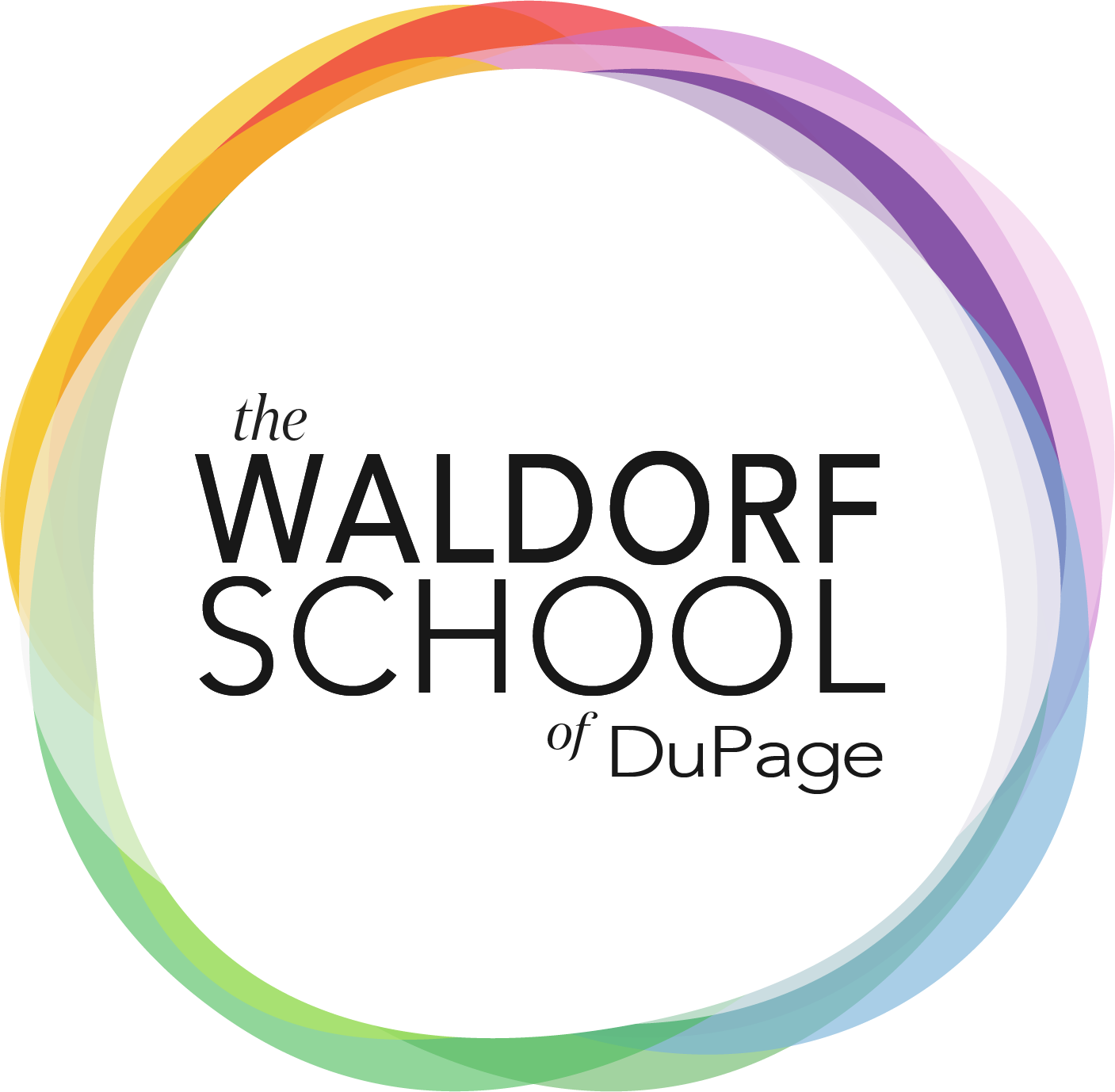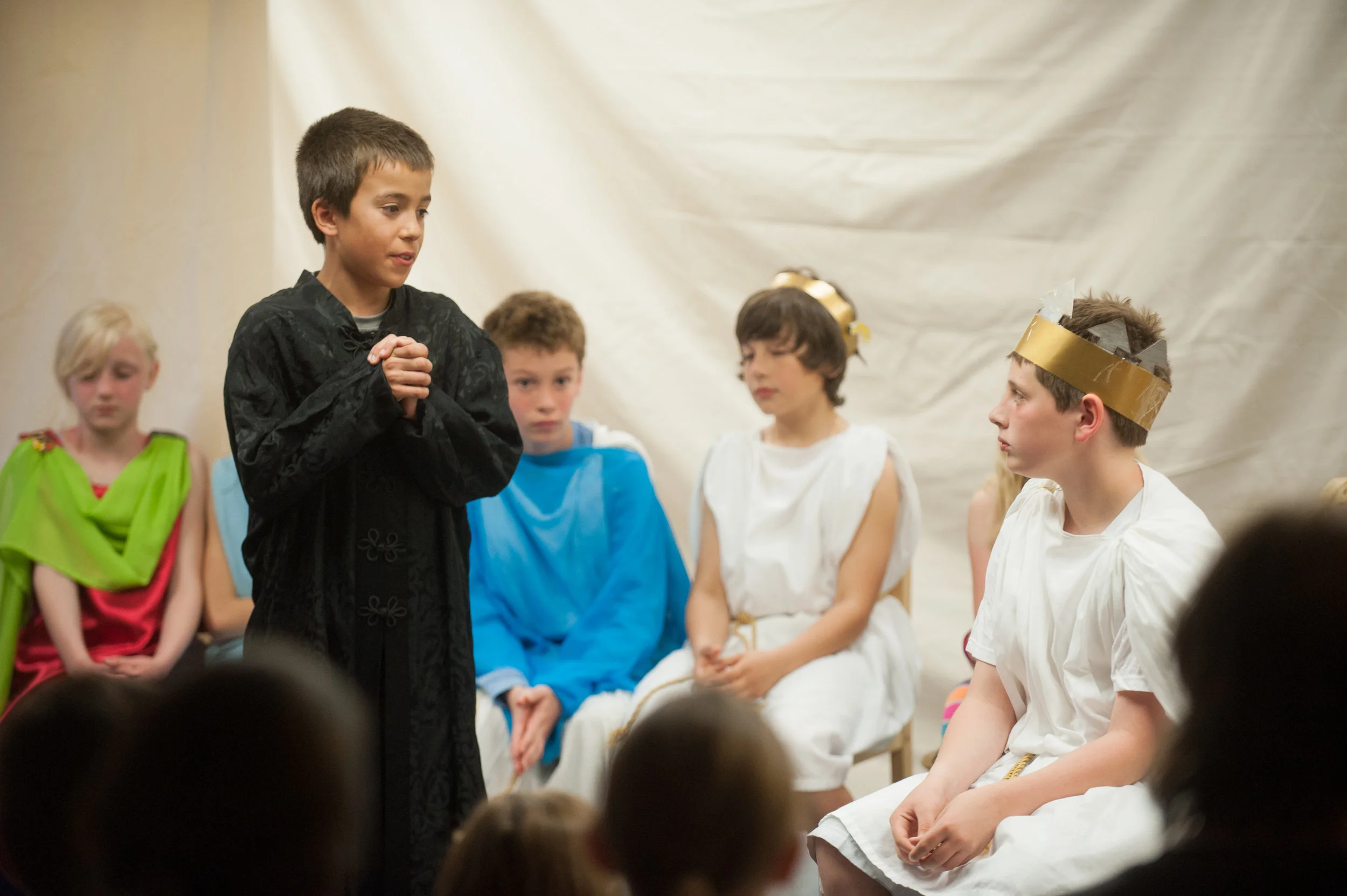The Waldorf elementary school offers an inspired approach to life-long learning. What sets the curriculum apart is not necessarily what is taught, but how it is taught. Teachers aim to present all subjects in a pictorial, imaginative way to stimulate students' feelings and interests. Every subject, whether mathematics, history, or physics, is learned artistically and practically so that the experience speaks to the whole child: the head, the heart, and the hands. Drawing, painting, movement, music, singing, recitation, and drama are not treated as supplements; rather, they are the actual methods by which each subject is taught. By interweaving traditional academic disciplines with artistic and practical activities, the school provides a broad and balanced educational experience and encourages the development of capable, multifaceted individuals.
Mathematics
Decimals, Fractions, Mixed numbers, Reciprocals, Freehand geometry
Sciences
Zoology: Animals' adaptation to their environment, Botany: Plants in relation to the Earth
English & Grammar
Spelling, Active and passive voice, Subject and predicate, Syntax, Book reports
History
India, Mesopotamia, Egypt, Greece, Africa
Geography
North America, United States geography
World Language
Literature, Grammar, Proverbs, Conversation
Drawing
Freehand geometric drawing, Dynamic drawing, Illustration of Greek, Indian and African myths
Painting
Wet on wet, Greek and Indian architecture, Darkness into light, Gods & goddesses, Plants
Modeling
Clay modeling: Greek vases, Clay tablets, Plant shapes
Handwork
Knitting in the round on double-pointed needles, Socks
Movement Education
Greek games: Javelin, Discus, Long jump, Sprint, Greco-Roman wrestling, Focus in on form and appreciation of movement
Music
Strings instruction, Major and minor scales, Two-part harmony, North American folk songs, Chorus

